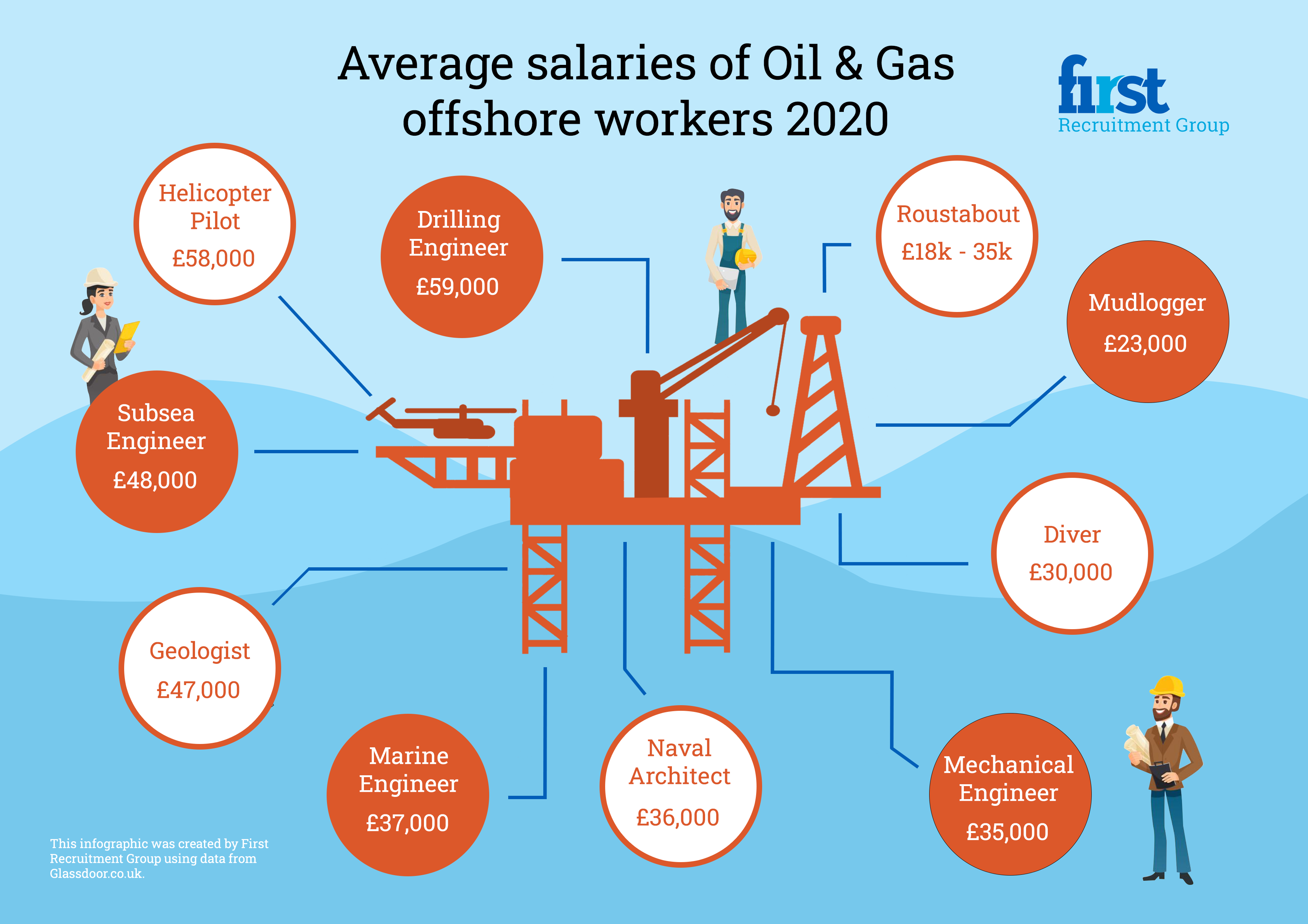How to become an offshore Oil & Gas worker
Ever wondered what offshore working life is like? Hearing the constant sound of the ocean day and night? Enjoying views like no other whilst you work? In today’s blog, we’ll go through what jobs are available, whilst running through the different options on how to begin your career offshore.
First things first, do you fit the bill?
Before even thinking about a career offshore, there are multiple boxes candidates must tick based on who they are. This includes…
- Being able to complete offshore survival training, which includes testing how physically and mentally fit you are
- Being a minimum height of 5’ 5”
- Being at least 18 years old.
- The kind of person fitted to a role offshore would be someone who does not smoke and/or drink alcohol and are not afraid of heights.
Generally speaking, as an offshore worker you’ll quickly find out that the typical working pattern is very different from the traditional 9-5 job. For example, a typical shift pattern would be 3 weeks offshore and back onshore for 2 weeks in rotation. You must be prepared to leave family and friends for long periods but although this seems daunting, the better than average salary and benefits do make up for it.
What kinds of jobs are available?
To give you an idea of what kinds of jobs you could work towards in your offshore career, we have put together an infographic outlining 10 of the top jobs required on an offshore platform.

We used our current knowledge of the Oil & Gas market, as well as trusted site, Glassdoor to determine an average salary for each role. If we were to rank these, it would be as follows.
- 1.Drilling Engineer - £59,000 per year
- 2.Helicopter Pilot - £58,000 per year
- 3.Subsea Engineer - £48,000 per year
- 4.Geologist - £47,000 per year
- 5.Marine Engineer - £37,000 per year
- 6.Naval Architect - £36,000 per year
- 7.Mechanical Engineer - £35,000 per year
- 8.Diver - £30,000 per year
- 9.Mudlogger - £23,000 per year
- 10.Roustabout - £18–30,000 per year
Of course, these figures do differ depending on the company, location etc.
How to get your foot in the door
There are multiple ways of getting your foot in the door when it comes to a career offshore. The most popular at the moment is to go down the apprenticeship route. To do this, you can either search online for current apprenticeship programs, or to first determine exactly which job you would like to apply for, www.myoilandgascareer.com/roles have some excellent guidance on the ins and outs of each job.
If you don’t feel like an apprenticeship is the right option for you, you can also start out as a Maintenance Technician and work your way up the ladder from there. Or alternatively, if you have previous experience in the likes of welding, scaffolding, painting or medical work, these could all be additional opportunity routes to a career offshore.
If you’d like more guidance on how to become an offshore worker, our team are more than happy to have a conversation to help progress your career. You can contact us on 01925 907000 or email recruit@firstrg.com.
Alternatively, if you are currently seeking a more senior role within Oil & Gas, you can take a look at our latest jobs here: https://bit.ly/30250u1
